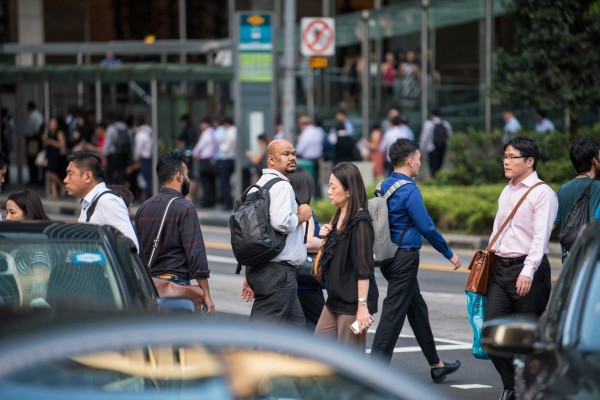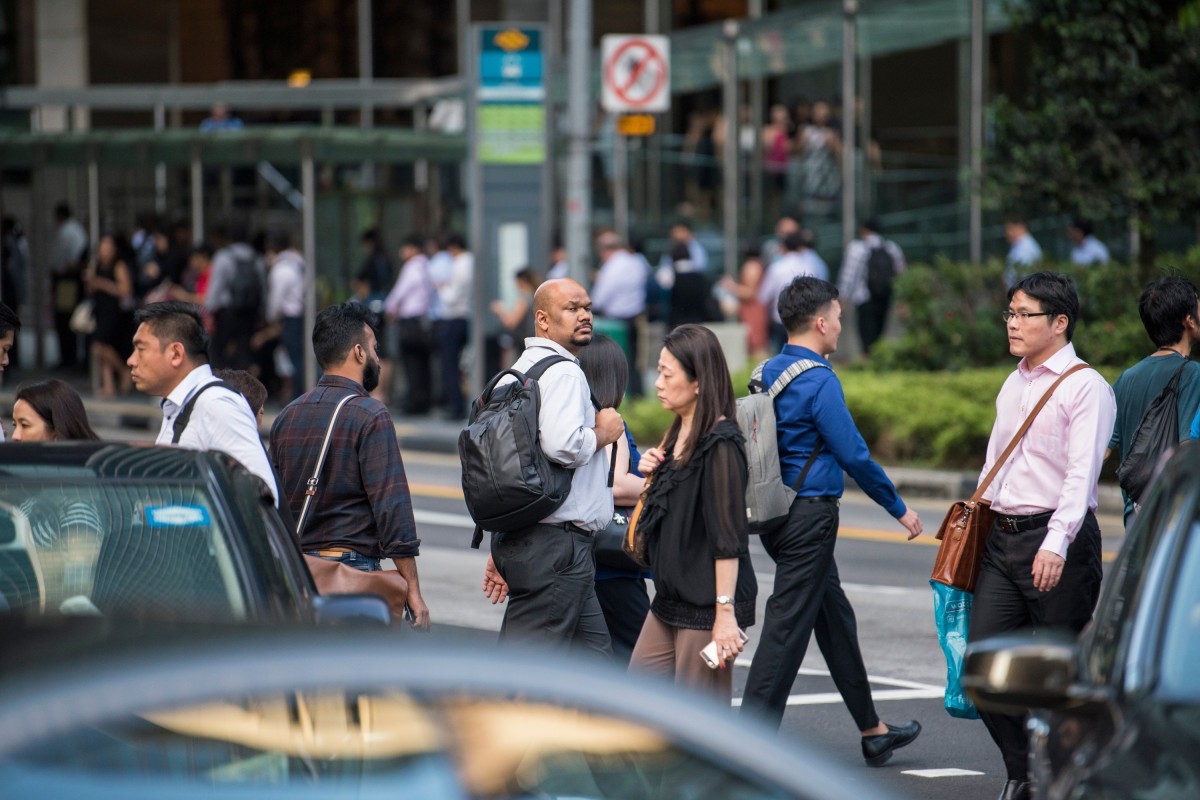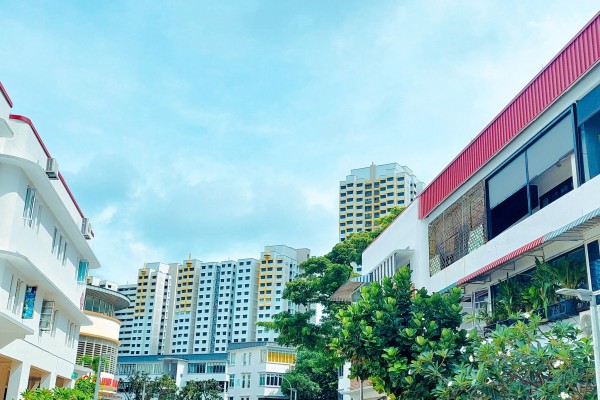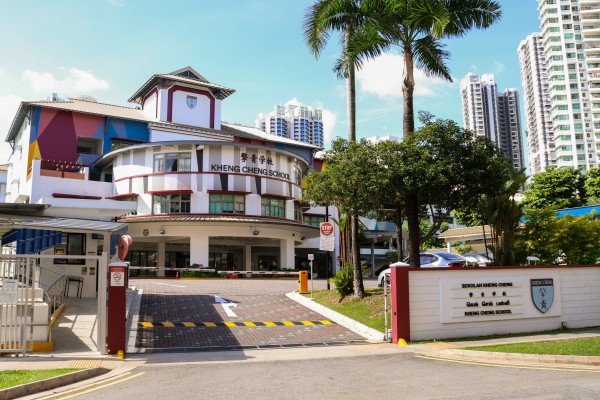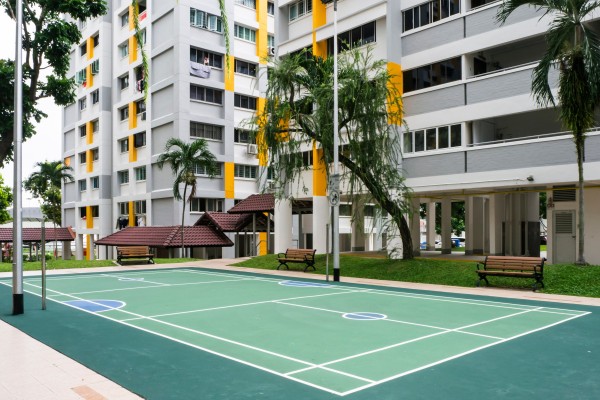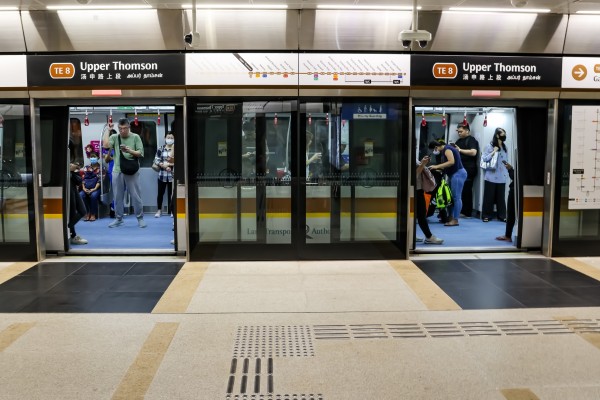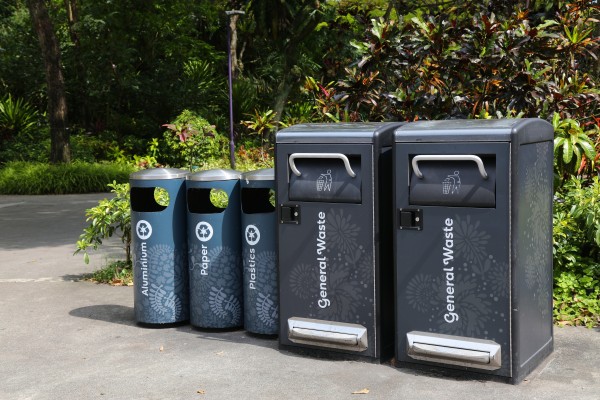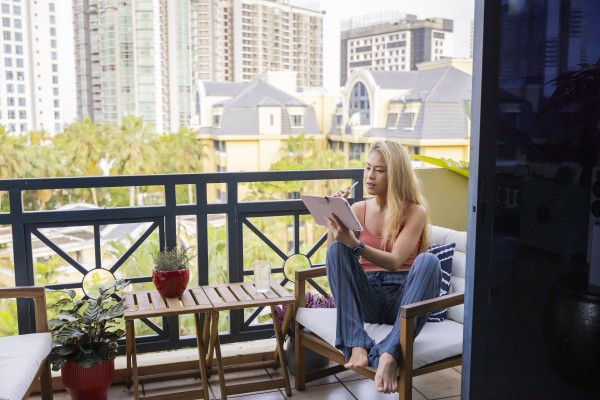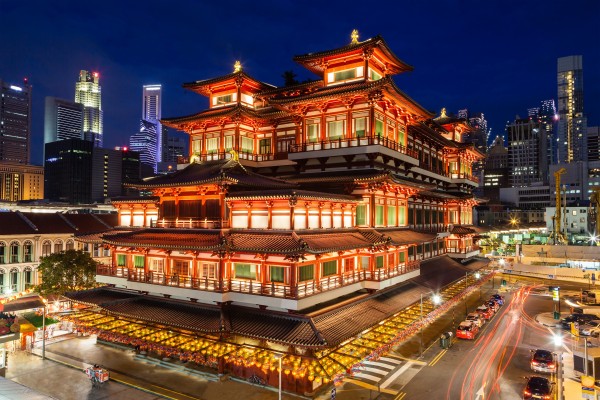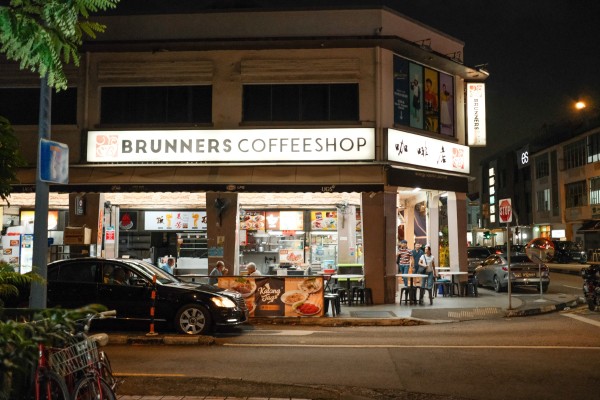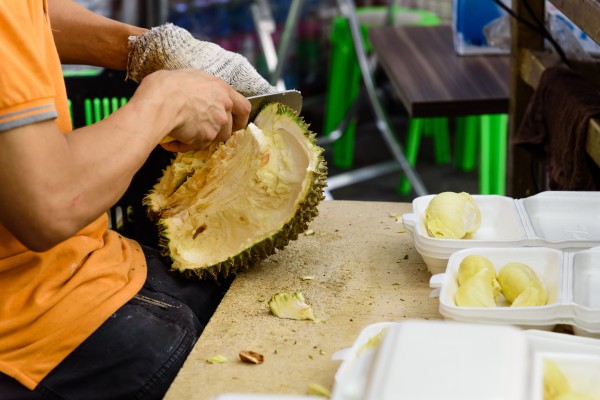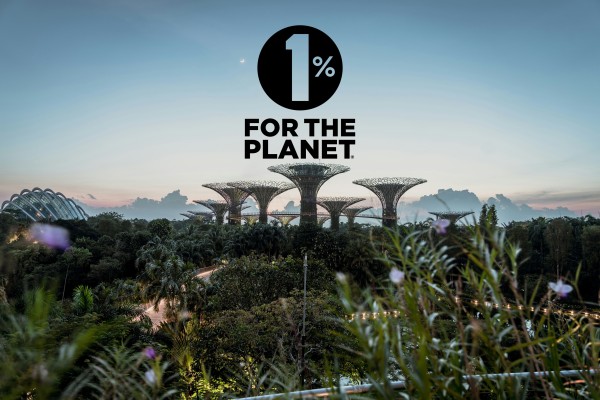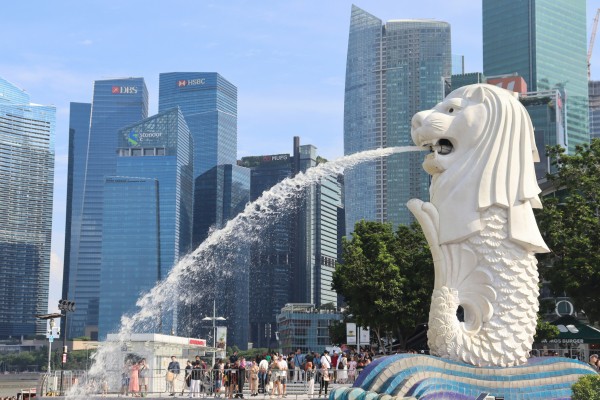The Cost of Living in Singapore [2024]

![The Cost of Living in Singapore [2024] The Cost of Living in Singapore [2024]](https://cdn.wisemove.sg/image/blog/367346fc61b562b706d5fa3b3ad6d363.jpeg)
Vibrant, cosmopolitan, multicultural Singapore is currently the most liveable city in the world for Asian expats, according to a survey conducted by human resources consultancy ECA International.
Among the reasons given for this were access to high quality healthcare and education, a low crime rate, great facilities, a low crime rate, as well as a large expat population already living in the city.
Singapore also scored pretty impressively on the EIU Global Liveability Index 2024, coming in 26th among 173 cities and most notably scoring a perfect 100 in the healthcare category.
However, you’d probably also seen reports of Singapore having the dubious honour of being the most expensive city in the world to live in in 2023, a title we’ve held for the ninth time in 11 years
So, what’s the cost of living here really like? Is it exorbitant or affordable? The reality is somewhere in-between, depending on who you ask. But we’ll try to break it down for you objectively here.
Cost of living, explained
While everyone lives their lives differently, the cost of living is a pretty standard calculation in each city. That’s because in simple terms, cost of living is defined as the cost of maintaining a certain standard of living, in a fixed area.
Typically, cost of living is calculated by drawing up the prices of a range of goods and services on which people spend their money.
These are the categories that are typically included when calculating cost of living:
-
Housing
-
Healthcare
-
Food
-
Education
-
Entertainment
-
Clothing
-
Transport
-
Taxes
You may also see this term, cost-of-living index, when doing your research on how cost of living is calculated.
It’s actually an index that measures how expensive a location is, in comparison to other areas, by aggregating the different categories of living expenses against a total score of 100; comparing this score across different areas. I
The same categories of goods and services, as well as a common currency, are used in this index, to standardise the comparison across different countries.
According to Numbeo, Singapore’s cost of living index in Asia is currently the highest, at 84.1.
Consumer price index measures cost of living within a fixed location or country, using a fixed basket of goods. It seeks to track inflation in a city.
Is Singapore really the most expensive city in the world?
Numerous reports have crowned Singapore the most expensive city to live in.
Most importantly, the EIU’s Worldwide Cost Of Living survey has placed Singapore right on top of the list of most expensive cities in the world, alongside Zurich.
So statistically speaking, Singapore does seem to be the most expensive city not only in Asia, but in the whole world.
Taking a closer look will tell you otherwise, though. Primarily because the survey looks at quite a few products and services which a typical resident in Singapore will not need, including things like green fees, three-course meals, seasonal clothing, and most significantly, cars.
The cost of purchasing a car in Singapore is notoriously astronomical, because of the Certificate of Entitlement (COE) system in place. The COE is a permit that all vehicle-owners in Singapore have to purchase, which allows them to drive their vehicles for 10 years. It’s a really competitive system which limits the COE supply, resulting in bidding for the limited permits available.
To put this in perspective, a current cost of a COE to purchase a sedan car is currently around S$90,000, while the COE for a larger Multi-Purpose Vehicle (MPV) is around S$105,0000. This price fluctuates monthly, depending on the demand and supply.
This excludes the price of the actual car, which can range anywhere from S$30,000 to S$300,000.
However, that being said, the majority of day-to-day costs in Singapore are not as exorbitant. Food, for example, can be relatively cheap in Singapore, if you patronise markets, hawker centres, and coffee shops; or if you cook your own meals. According to data from Numbeo, the world’s largest database of user-contributed data on the cost of living in cities worldwide, groceries actually cost more in Seoul and Hong Kong, as compared to Singapore.
Shopping at our local markets and through online platforms is another way to keep costs low. The EIU cost of living survey does not use prices from these platforms when tabulating their results, which inadvertently pushes reported cost of living figures higher.
So the short answer to whether Singapore is truly the most expensive city in Asia to live in–is probably not. Especially if you don’t seek to own a car, eat at fine-dining establishments for every meal, and don’t play golf.
What you’ll be spending on in Singapore and how much they cost on average
To help you determine what your cost of living will be like as an expat, we break down the key categories for you here.
Housing and utilities
As an expat, you will most probably be renting a place–at least definitely initially, unless you’re married to a local or you eventually become a Permanent Resident (PR).
We’re not going to sugar-coat this, rental rates in Singapore are high. Tied closely to the scarcity of our tiny land space, purchasing property in Singapore is well-known to be costly, and rental is no different.
How much you have to set aside for rental depends very much on these factors:
-
The type of housing: Government flats typically cost less than private condominiums to rent. Private landed housing costs the most, sometimes
-
Size: A bigger space will cost more to rent.
-
Location: Renting a place nearer the city centre will cost more than renting a place further from the city centre.
-
Amenities: Having great amenities (such as transport, supermarkets, hawker centres, and a neighbourhood mall) near your place will require you to fork out more.
Typically, for a family of four, you’ll probably need at least a 4-bedroom HDB flat or a 3-bedroom condo, which would typically cost anywhere between S$2500 and $8500.
Utilities are commonly calculated separately from the rent–prepare to budget S$100 to S$250 for electricity and water, especially if you’re showering more often or turning on the air-conditioning more as you acclimatise to the humidity.
Transport
This one depends very much on whether you plan to own a car, or not.
As we’ve briefly said above, car ownership in Singapore is an expensive business, and intentionally so. The COE system and its tightly controlled supply and high prices of the permits keep car ownership really expensive.
Be prepared to fork out close to S$100,000 for just the COE permit itself, car NOT included.
Your car will set you back an additional S$25,000 and S$300,000–depending on type of car you want.
Owning a simple second-hand sedan car can cost as much as $125,000 for 10 years, after which you’ll need to re-purchase the COE if you intend to continue driving the same car.
If you’d rather not drive, and want to depend on our stellar transport network to get about our city, you’re in luck: not only is our public transport network pretty efficient and clean, it’s also not costly at all.
A bus ride can cost anywhere between a few cents to a few dollars, while train rides are distance-based and typically cost no more than a few dollars too. Monthly passes for unlimited rides can be purchased at S$128.
Travelling around Singapore by private hire car or taxi is another option, if you need to get to and from your destination as quickly as possible. While hopping into a ride costs significantly more than taking a bus or a train, it’s still substantially cheaper than owning a car.
Monthly costs of transport:
-
Public transport: S$128
-
Taxi and private hire rides: S$900 (assuming each ride is about S$15 and you take it two ways each day, 7 days a week)
-
Owning a car: S$2000-S$3000, including fuel, parking, and road tax (assuming you purchase a sedan car with a 10-year COE)
Food
Singapore is a food paradise, through and through. Whether you enjoy Michelin-starred fine dining experiences, swanky cafes, or local fare–they’re all widely available to you.
How much you need to budget on food depends very much on your personal food preferences.
Like fine dining ? Be prepared to shell out anywhere between S$68 for a weekday set lunch at a one-starred Michelin establishment, up to S$400 for a full dinner menu at a three-starred Michelin restaurant.
Cafe food like all-day breakfasts, pastas, and meaty mains typically costs anywhere between S$15 to S$35.
If your tastebuds are more localised, eating at our local hawker centres, markets, coffeeshops, and food courts is the best bang for your buck. Choose from minced meat noodles, prawn noodles, beef noodles fried carrot cake, chicken rice, char siew rice, rice and cooked dishes, or even localised “Western” food like chicken chop, pork chop, and fish and chips, with the average price for a plate of food ranging between S$4 to S$6.
Coffee shops also offer a variety of Chinese meat or vegetable stir-fries, soups, seafood, and rice and noodles in different styles and sauces (known locally as “zi char”, which means “cook and fry” in Hokkine), with each dish on the menu costing approximately S$10 on average.
Shopping for groceries to cook your own meals will definitely be the healthiest and most cost-effective option. Supermarkets both in stores and online, often have promotions during which you can bulk buy commonly used items to maximise your discounts. On average, a family of four would spend approximately S$300 to S$600 a month on groceries in Singapore.
Education
If one of the reasons why you’ve chosen Singapore as your home for the next couple of years is because of our excellent education system, you’re not alone.
How much you’ll have to spend on your child(ren)’s education in Singapore, though, will vary pretty widely, depending on whether you choose to enrol him or her in a government-run school, or an international school.
Choosing to enrol your child in an international school will probably be the most straightforward choice, especially if there’s a school from your home country. Singapore is home to dozens of well-run, reputable, and excellent international schools from all over the world, including the USA, Australia, Canada, the UK, Holland, India, Japan, Korea, and China.
International school fees are high though, averaging at about S$2,500 monthly. Check out this list for a more comprehensive look at the fees of all 66 international schools in Singapore.
Alternatively, if you want to try to navigate the public school system, expect to budget approximately $980 a month for school fees–which is still high but about half of most international schools’ fees.
If you have children under the age of seven, you’ll need to factor preschool or kindergarten fees in, too. Expect to budget approximately S$1,200 for preschool and kindergarten fees as an expat.
And of course, homeschooling is an option too–it’s not completely free because you’ll need to purchase curriculums, books, and stationery, but you’ll definitely save a lot on school fees going that route!
If your little one wants to pursue other interests outside of school, you’ll also need to factor some additional classes in. Sports, dance, gym, art, and other enrichment classes typically cost between S$30 to S$80 per session.
Entertainment
This one depends very largely on the kind of lifestyle you want to maintain.
There are lots of free things to do in Singapore, even for expats. Public parks and playgrounds are aplenty, while public libraries, swimming pools, and museums require a small admission and/or registration fee.
If you enjoy movies, beer, shopping, and travelling, your costs will logically go up, too.
Movie tickets cost S$9 on weekdays and S$13.50 on weekends; a pint of beer costs anywhere between S$10 to S$18; a cup of Starbucks costs S$7; a return flight ticket to a neighbouring country anywhere from S$150 to S$450.
Netflix and Spotify subscriptions will set you back about S$20 monthly for each subscription.
Gym memberships, for fitness buffs, anywhere between S$100 to S$500 a month.
If you have more luxurious hobbies, like golfing, wine-tasting, or watch-collecting, you can expect to spend thousands of dollars a month. Do note that Singapore is known to be the costliest city in the world for luxurious living in 2024, according to the Julius Baer Lifestyle Index, a study run by wealth management firm Julius Baer–which means your expensive hobbies will likely cost more in Singapore, so do budget accordingly.
Taking all that into consideration, assuming a mid-range lifestyle, a safe budget for entertainment would be in the range of S$400 to S$600.
Healthcare
While you won’t be eligible for subsidies at government hospitals as an expat, you definitely will not be charged an exorbitant sum of money, just to get your medical needs met here in Singapore.
Consultation fees and medication at GP clinics cost around S$50 for conditions like the common cold, with costs going up if you require antibiotics or other treatments.
Hospital fees vary too, depending on which hospital you visit, ranging from S$250 to S$1,500 to be warded for a night, excluding treatment and medication fees.
Health insurance as an expat is extremely important, and will likely set you back anywhere between S$500 to S$1,000 a month depending on the coverage and your provider.
The average cost of living in Singapore in 2024 for expats
With so many variables, what is the true average cost of living in Singapore, especially for expats?
Perhaps you’ve seen the figures suggested by Australian expat Jarrad Brown–who suggests in his viral TikTok video that an expat family of four needs more than S$300,000 a year to live an average lifestyle in Singapore. That works out to about S$25,000 a month.
Numbeo estimates our current cost of living to be at approximately S$9,000, a figure that seems similar to the figure you will likely get when you use this online cost of living calculator provided by the Economic Development Board (EDB) of Singapore.
The truth is likely closer to S$9,000, although this figure will fluctuate depending on a few factors: the schools your children will attend, the type of house you rent, whether you own a car or not, and the kind of eateries you frequent.
The costs can be even lower, according to this article, especially if you don’t need many frills in life: ranging from a projected S$1,600 to S$11,000.
What you’ll need to earn to live comfortably in Singapore in 2024
There’s no magic figure, and your lifestyle choices will very much determine this. However, looking at online forums like Reddit and Quora, as well as data aggregator sites like Numbeo, it seems like for an expat family of four to live comfortably in Singapore, an average monthly income between S$7,000 and S$10,000 is ideal.
Tax rates in Singapore for expats
As an expat, you have to pay taxes here in Singapore, for all income earned while you live here.
Tax rates for non-residents are 15% or the current progressive resident tax rate (whichever is the higher amount), for income earned from employment remuneration.
For director’s fees, rental income, and pension fees, the tax rate is 24%.
Tips to keep costs of living manageable in Singapore
-
Take full advantage of free attractions—local parks are completely free to visit, as are the Singapore Botanic Gardens and the Supertree Grove area of Gardens by the Bay.
-
Shop at the local wet markets or online platforms—eschew mall shops for the best deals on groceries at local wet markets located in HDB estates, or even via market stalls on their websites or on platforms like Shopee or Lazada.
-
Do takeaways from the hawker centres or coffee shops if you’re not cooking—dabao (takeaway) culture is strong here, and you can enjoy your favourite cheap eats at the hawker centres from the comfort of your home.
-
Rent a car if you need one on a medium-term basis—renting a car instead of purchasing one is a cost-saving choice if you need to travel all around Singapore within a short span of time.
-
Get second-hand furniture—shop at stores that specialise in second-hand furniture, or keep a lookout for Facebook groups with people posting furniture to be given away when they move out of the country.
-
Install a ceiling fan—save big on air-con on cooler days with a powerful ceiling fan, that will circulate a breeze all around the room to keep temperatures comfortable.
-
Look out for weekday or student lunch deals—Singapore eateries typically offer promotions during non-peak periods on weekday afternoons.
-
Borrow books from the public libraries—save on purchasing brand new books by visiting one of our well-stocked public libraries and purchasing an annual membership which will entitle you to borrow up to 16 books at a time.
What do our customers say?





